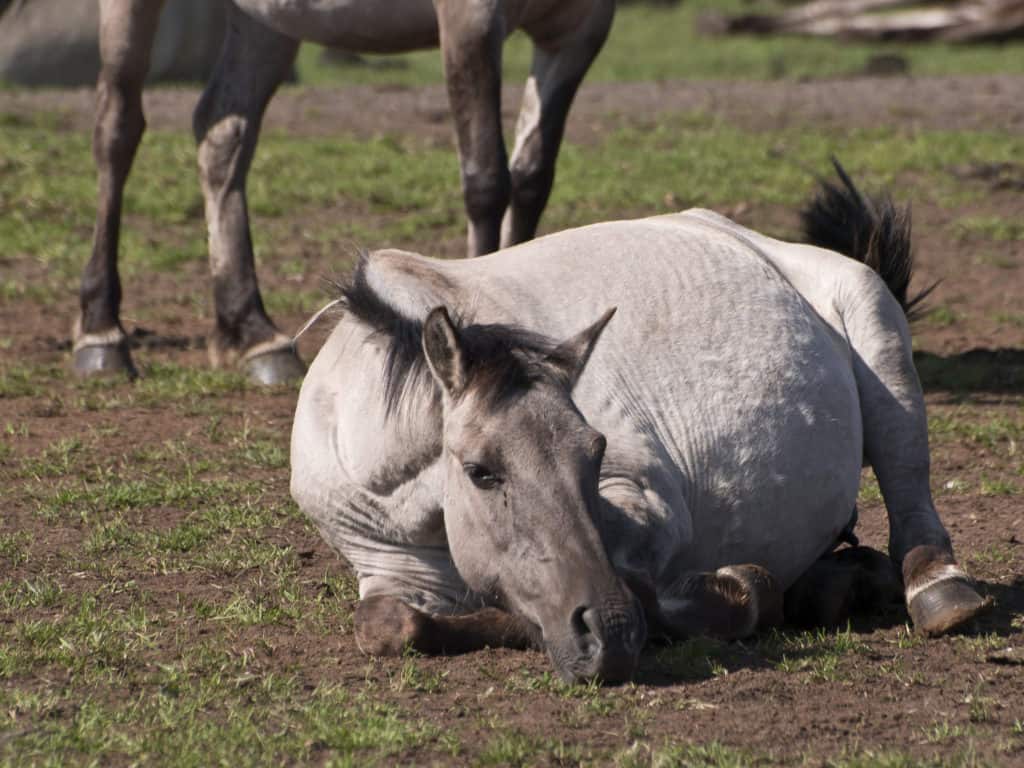
Equine Strangles: An Old Disease in a Modern World
Biosecurity measures remain a critical component to combating ‘strep throat for horses.’

Biosecurity measures remain a critical component to combating ‘strep throat for horses.’

Veterinarians administer risk-based vaccines based on a horse’s potential to contract certain diseases.

Respiratory viruses affect more horses than you might think, raising important questions for veterinarians and owners about diagnosis, management, and performance.

These 5 steps can help you prevent and eliminate odors on your farm and create a cleaner space for your horses.

Selective treatment strategies can combat antimicrobial resistance while protecting foals from R. equi. Read more in The Horse‘s Spring 2025 issue.

Orthobiologics are proven treatments for equine injuries and are showing promise for asthma, with research continuing to clarify their role in respiratory care.

Even subtle breathing issues can cause low oxygen levels, early fatigue, and poor performance in equine athletes.

Researchers found ciclesonide is effective when treating young racehorses with moderate equine asthma over a short period of time.

Testing asymptomatic horses for EHV-1 at equestrian events is crucial for early detection and preventing potential outbreaks.

A modified borescope might be a more accessible way for equine veterinarians to perform endoscopic exams in working donkeys.

Researchers discovered that a significant percentage of cart donkeys might have reduced tracheal function, while pack donkeys do not.

Many conditions besides colic can cause coliclike signs. And with colic, delayed treatment or misdiagnosis can have serious consequences. Here’s what you need to know.

Read about the do’s and don’ts of feeding horses that have 4 common health conditions, including gastric ulcers, metabolic disorders, and more.

Take a few simple precautions and management approaches to help your horse weather winter safely.

Learn the reason he makes those sounds when he breathes and what can be done about it. Sponsored by Endoscopy Support Services.

Antimicrobial-resistant infections continue to challenge veterinarians and compromise horse health. Here’s what practitioners are doing to curb it and how you can help.
Stay on top of the most recent Horse Health news with
"*" indicates required fields